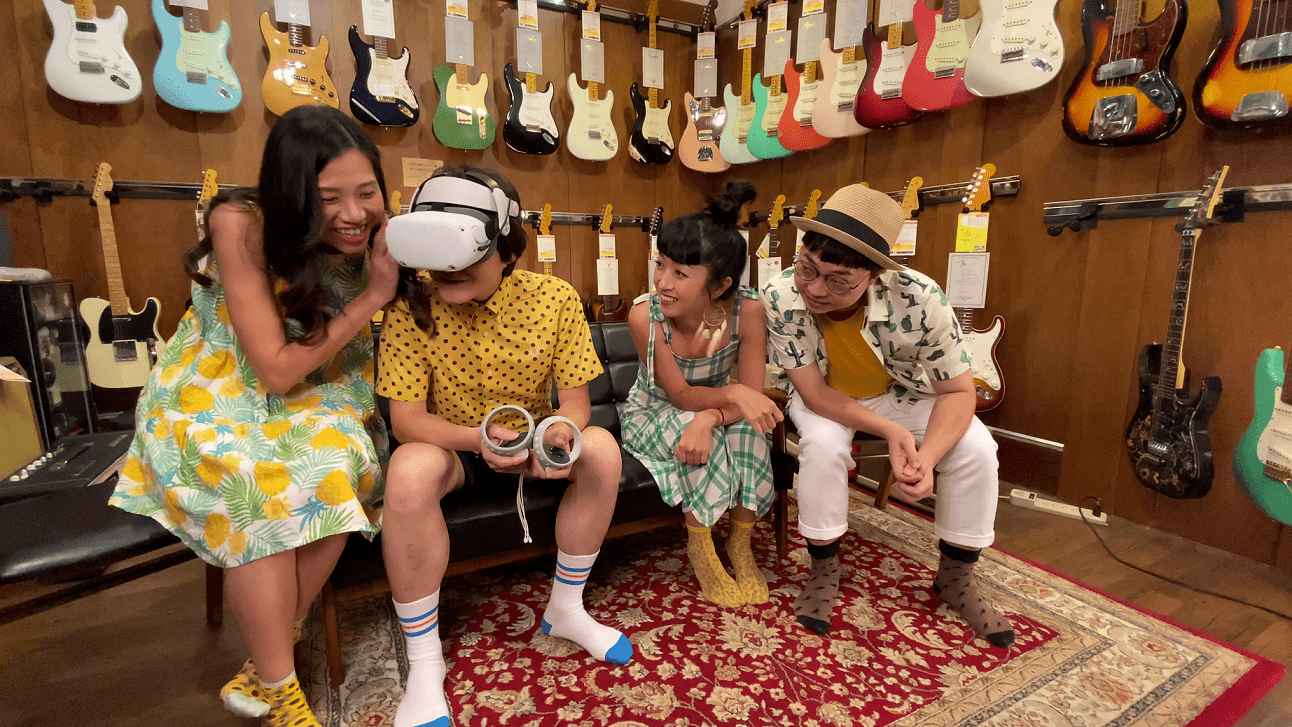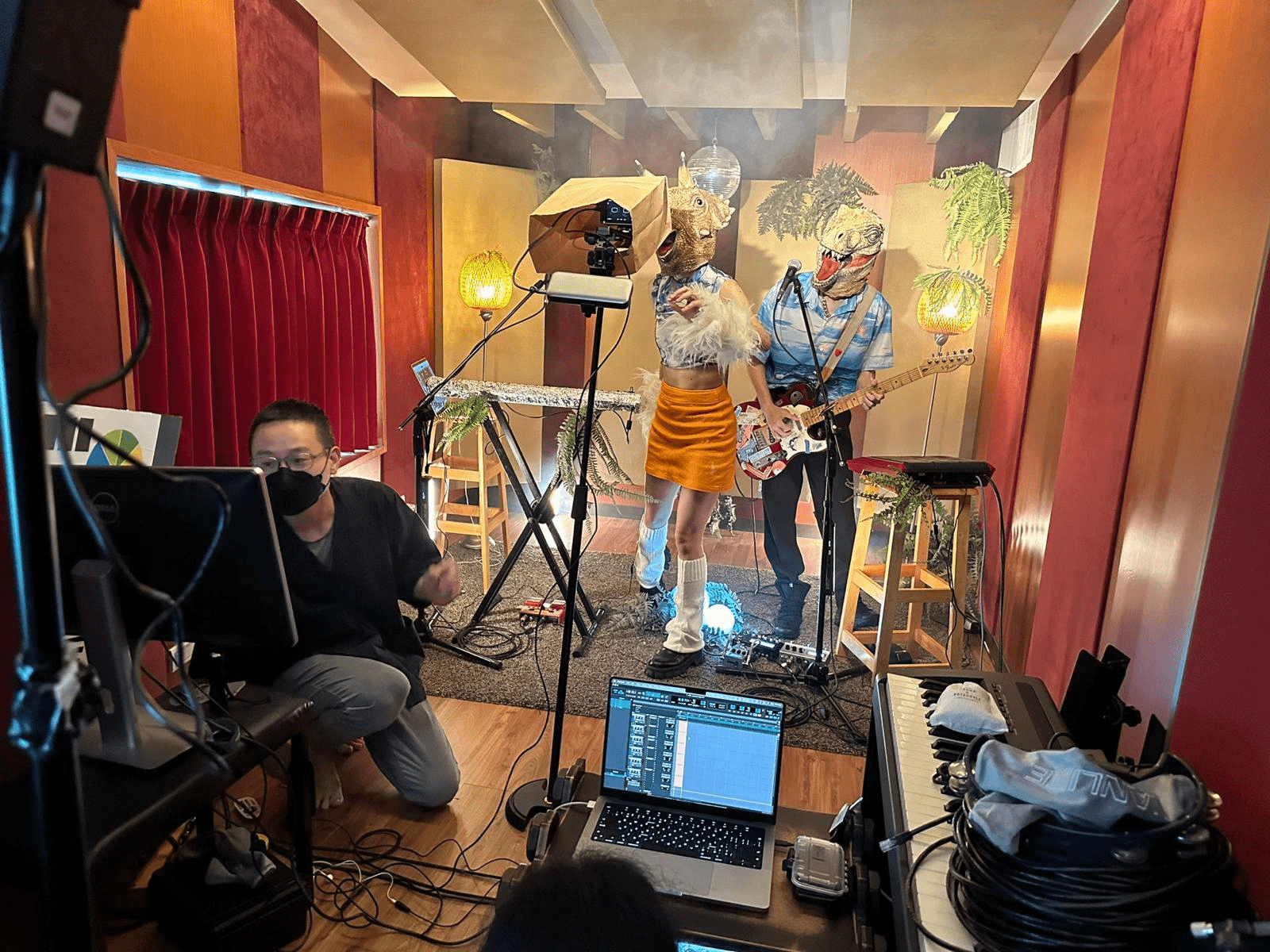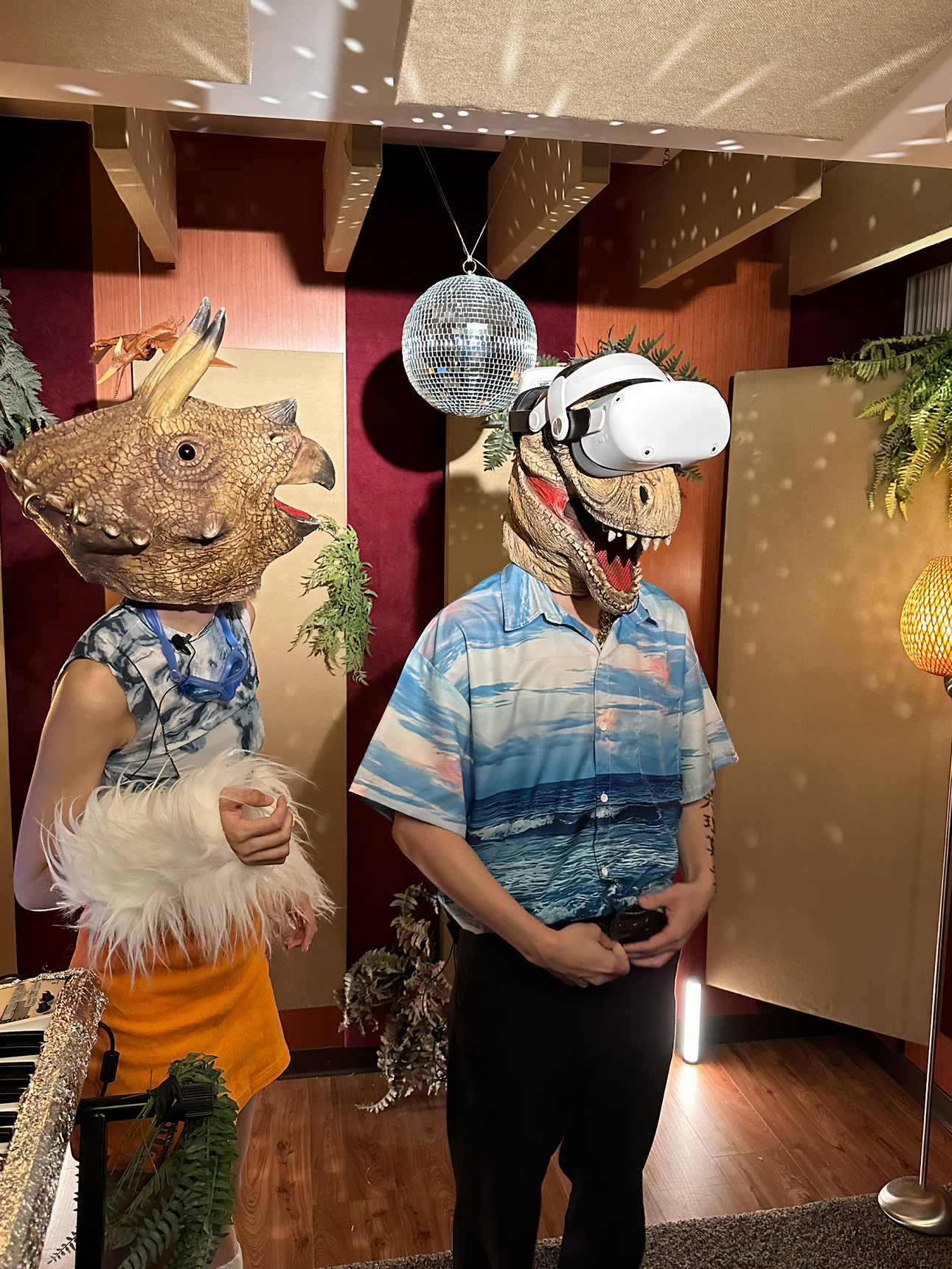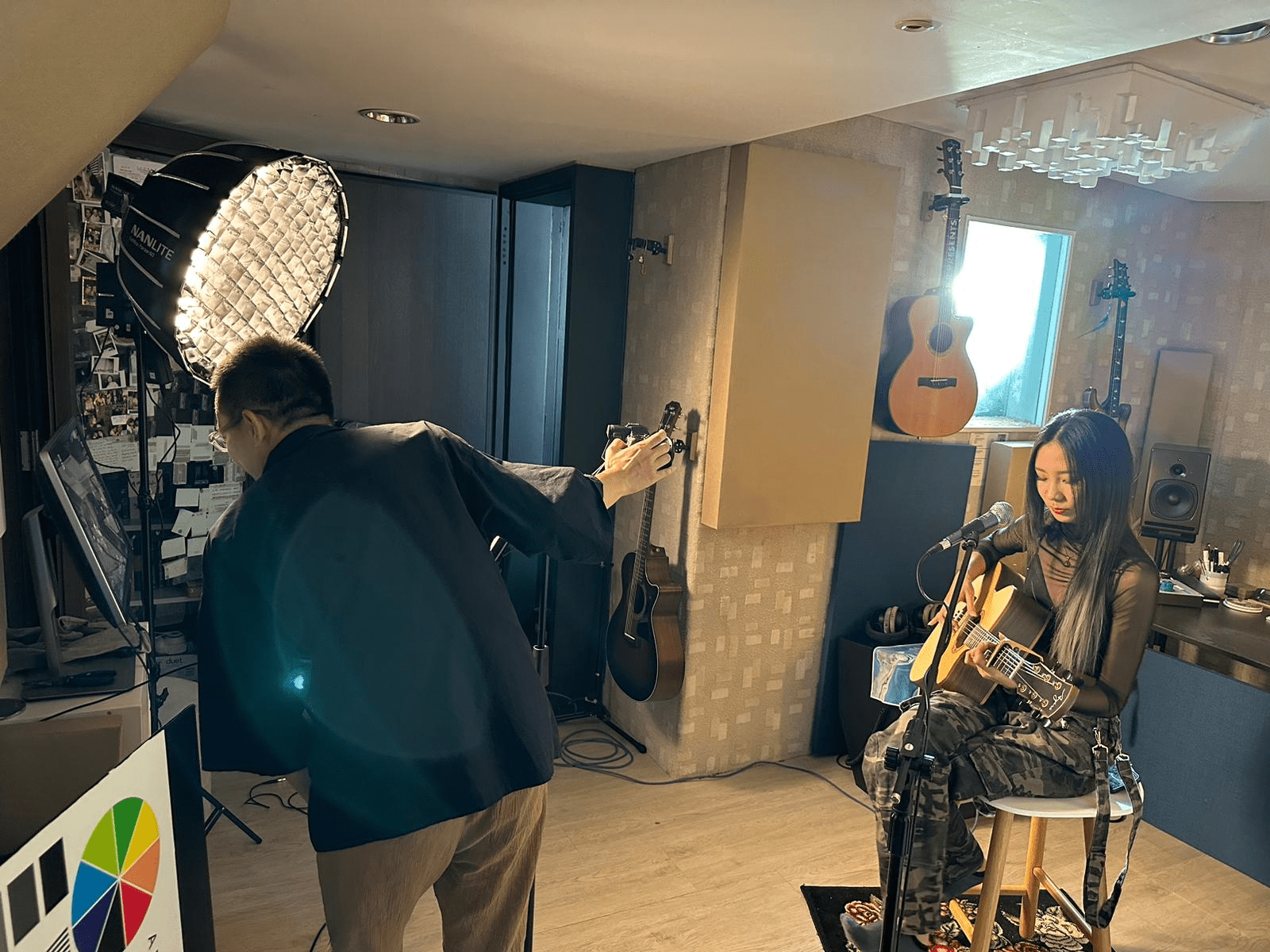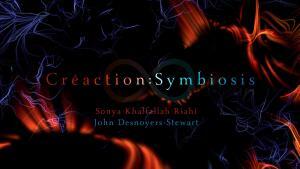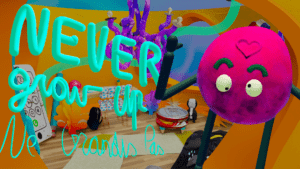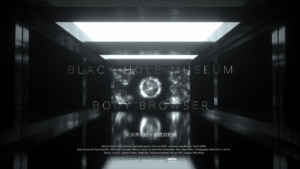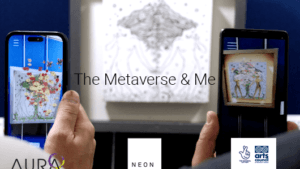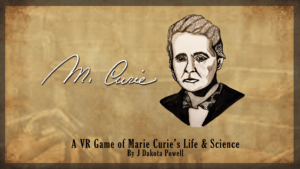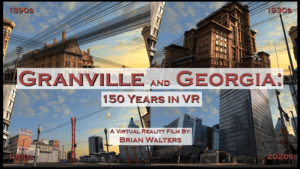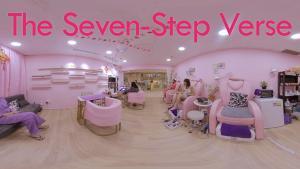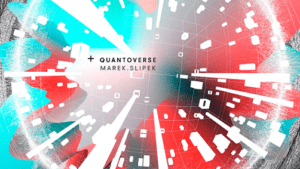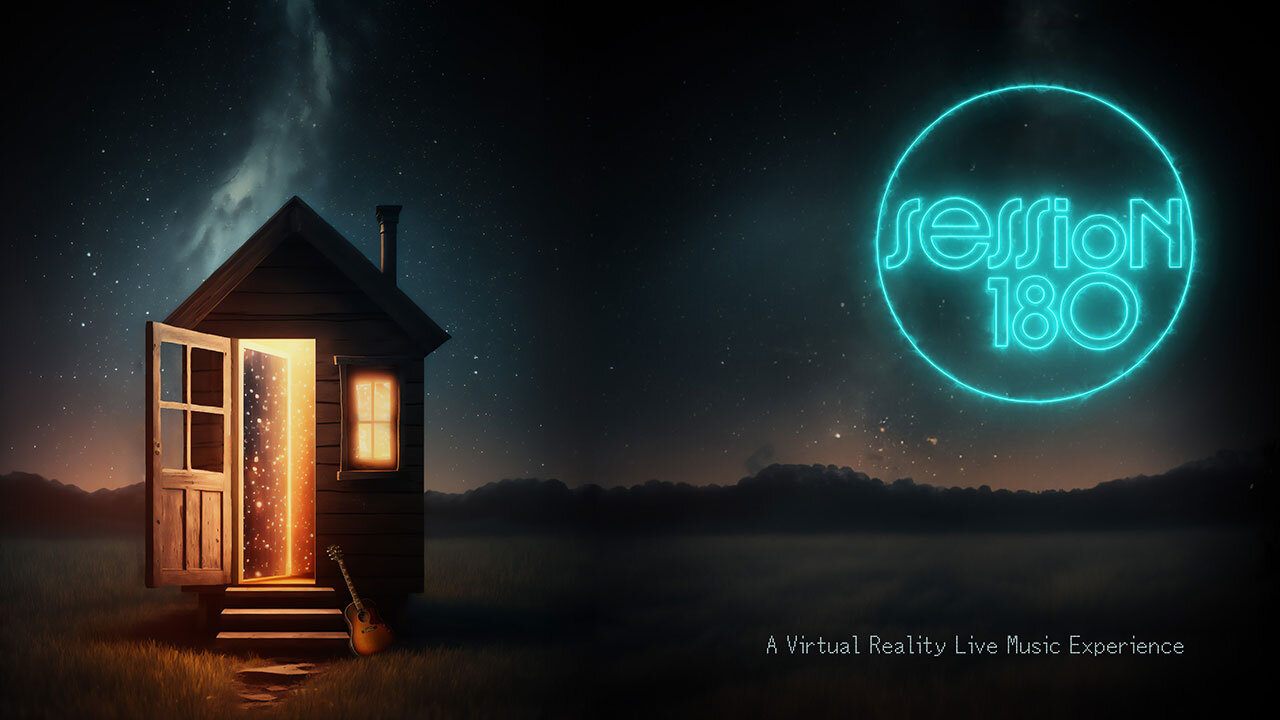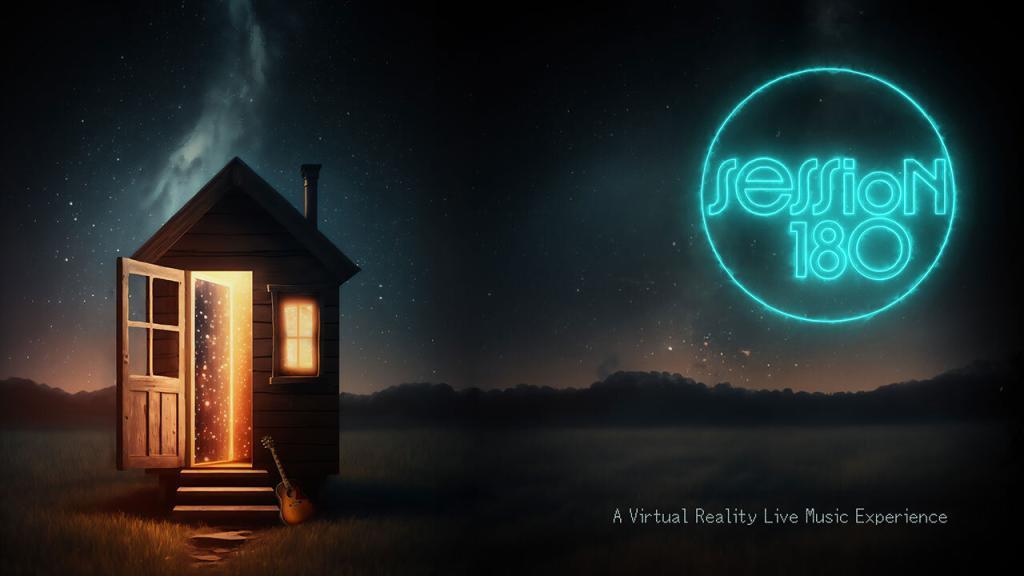
FIVARS 2023: Spotlight on Session 180
 Session 180 is a VR live music session that gives you a closer look into the exclusive spaces of talented artists and bands. FIVARS speaks with director Rick Wang.
Session 180 is a VR live music session that gives you a closer look into the exclusive spaces of talented artists and bands. FIVARS speaks with director Rick Wang.
What led to the creation of this piece?
The quality of VR cameras and headsets has rapidly improved in recent years. At the same time, the hardware has become increasingly compact, opening up various possibilities for visual creativity. I am surrounded by talented bands and artists at different stages of their music careers, making it worth using VR to capture and document the exciting moments of the present.
We aim to recreate the live experience with the utmost realism, allowing anyone to experience it anytime, anywhere.
After experimentation by our team, We decided to use VR180, a one-sided, closest-to-the-audience way of viewing, to create “Session 180” to achieve the desired immersive experience.
What was the production process for you and your team? What did you learn?
In the early stages of production, We spent considerable time communicating with the artists’ teams, including their management and copyright departments, to provide a detailed explanation of how this VR filming method would work. Typically, when people watch a 2D version of a live session, it’s recorded in a professional studio or concert venue. However, “Session 180” allows the filming team to enter the artists’ homes or private rehearsal spaces, where these artists create their music.
So, when you put on VR glasses, the audience feels like they are “in the artist’s home, right in front of the artist, tuning instruments and singing.” This unique visual also allows artists to experience their own performance.
In the post-production process, because we used VR180 with 8K 60P raw format, every step of production required highly efficient hardware support. Additionally, since VR cannot be monitored in real-time throughout the entire process, compared to standard 2D videos, the team spent significantly more production time to ensure the footage and final product met our satisfaction.
We communicated well with VR filmmakers worldwide during this process, frequently sharing production experiences and jointly solving challenges. Through this project, we gained valuable expertise in VR post-production.
How did you become an immersive media content creator and why?
Before stepping into the pop music industry in 2007, I worked in technology and new media development and management for over ten years. As a result, I maintained an optimistic and excited outlook on the rapid changes and impact that technology has brought to the music industry.
During my years of shooting music videos and shorts for musicians, I often had the opportunity to use cutting-edge visual creation tools, such as VR and AR. In 2019, through the support of the Taiwanese Ministry of Culture, I created my first VR360 short film.
Fortunately, it received recognition and awards at over ten VR international film festivals, including the Busan International Film Festival in South Korea. This success led to collaborations with many talented musicians in my network who were also gaining attention in the international pop music market.
What is the VR/AR industry like in your region?
In Taiwan, VR/AR creators receive substantial support from government agencies and private enterprises, leading to many young people joining the developer community in recent years.
What do you have planned for the future?
The coming year will be significant for the emergence of next-gen headsets to the public. Our team is actively developing interactive VR projects to provide more immersive experiences. In the future, I plan to continue creating XR works that excite both myself and others.
I also look forward to seeing these works maintain their vitality until XR hardware and user comfort reach a perfect balance. I’m also eager to share XR know-how with the younger generation in various ways.
What would you like to share with fellow content creators and the industry?
XR creators and content viewers are quite solitary sometimes. So, I hope XR artists and marketing experts worldwide who are passionate and dedicated to XR creation will have more opportunities to exchange ideas.
Do you think VR festivals like FIVARS are important?
It’s crucial as most VR festivals currently remain subordinated to film festivals, and they often adhere to traditional frameworks in terms of production scale, direction, and even award categories. On the other hand, festivals like FIVARS encourage more imaginative types of VR/AR works, even those with experimental solid elements. This is highly significant for the healthy development of this industry.
Session 180 at FIVARS 2023 runs in person September 15-19th in Toronto and online through October 3rd.

